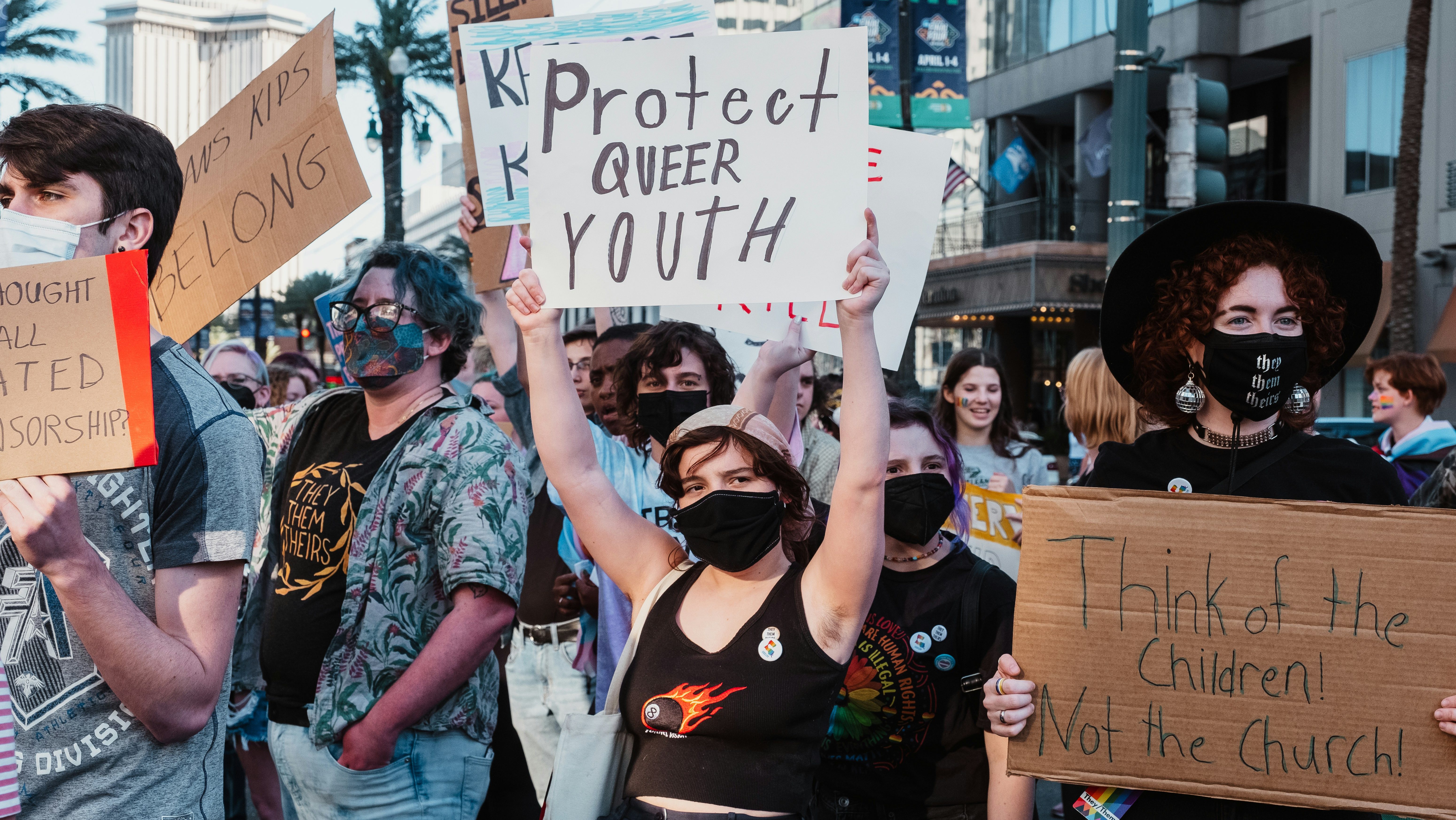Last year’s change in government promised a reprieve from the constant, often hostile treatment of transgender issues that has characterised the past few years. The breathless coverage of puberty blockers in recent months, however, seems an exception.
Puberty blockers – the name given to GnRH analogues, a medication used to treat precocious puberty and manage gender dysphoria in some young trans people – were the subject of a temporary ban by the previous government, since extended indefinitely by Labour. The ban alleges a lack of research and safety concerns, despite a robust international research base and decades of safe use in the UK. Both LGBTQ+ advocates in the UK and the medical community abroad have criticised the grounds of the ban, and the young people who have lost access to their medication are frightened and confused for their futures.
- Our history is way queerer than you think – here’s why that matters
- The UK used to be the most LGBTQ-friendly place in Europe. Now, it’s not even close
- Healthcare for trans youth is a human right – it should matter to us all
The ban is short-sighted and the impact on young people has been either poorly thought-out or totally disregarded: this much seems clear. But almost as troubling is the continued currency of the debate in the news and on social media. Young people are not only exposed to opponents of their healthcare, but also to well-intentioned supporters arguing the deadly consequences of the ban. ‘This will kill people,’ is a common refrain on networks like X, as is the claim that young people who can’t access puberty blockers are doomed to live unhappy lives.
I have no intention of understating the damaging consequences of the ban. What message does it send to young people, already under stress, to say that if they do not get a certain medication they will be miserable, even suicidal? Especially in our current situation, when access to these medications is increasingly unlikely?
It is true that LGBTQ+ people, and trans people in particular, experience poor mental health, self-harm and suicidality at rates unacceptably higher than the general population. Likewise, some of this distress is rooted in structural oppressions, like lack of access to healthcare. But it is also true that media and social media have a disproportionate impact on LGBTQ+ young people’s mental health, as found by research from The Trevor Project, and this applies to all sides of the conversation.
By sustaining the debate about puberty blockers – or about our young people in general – we risk adding fuel to a fire that is hurting them. We contribute to a narrative that already minimises their experience, and the experience of trans people in general, by reducing it to arguments about a single medical pathway. We risk confining discussions of trans healthcare to puberty blockers or gender identity services alone, neglecting other vital arenas like screening services, natal care, later-life and palliative care, and more.










